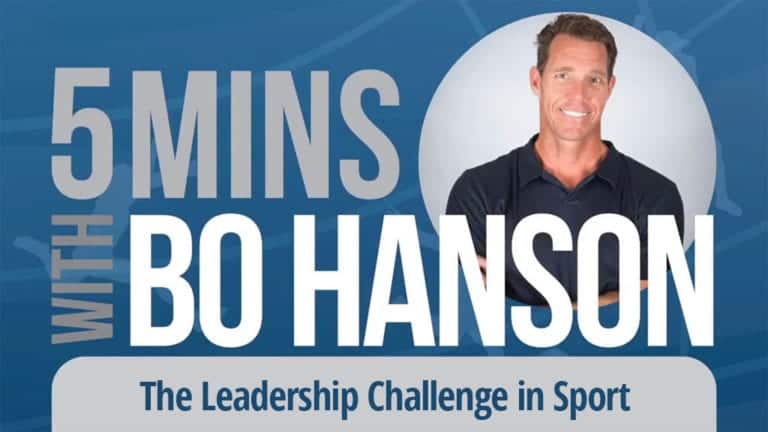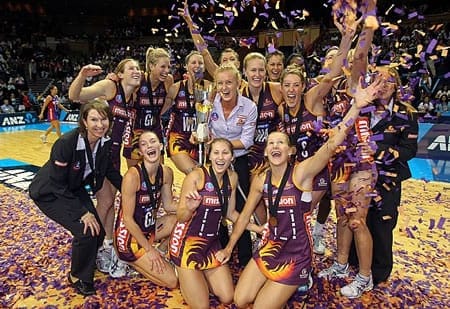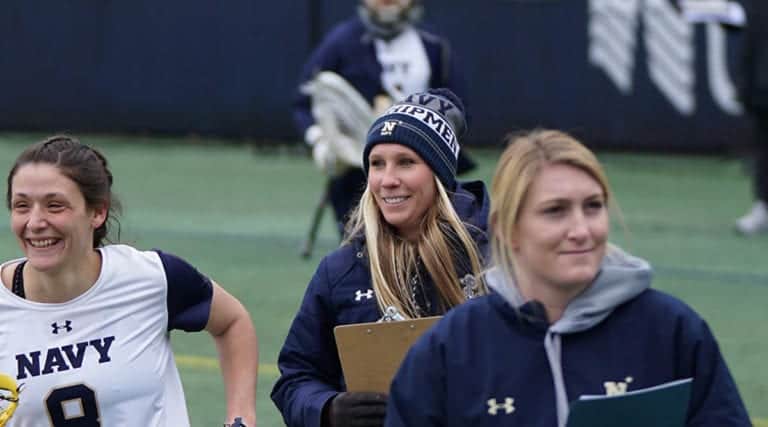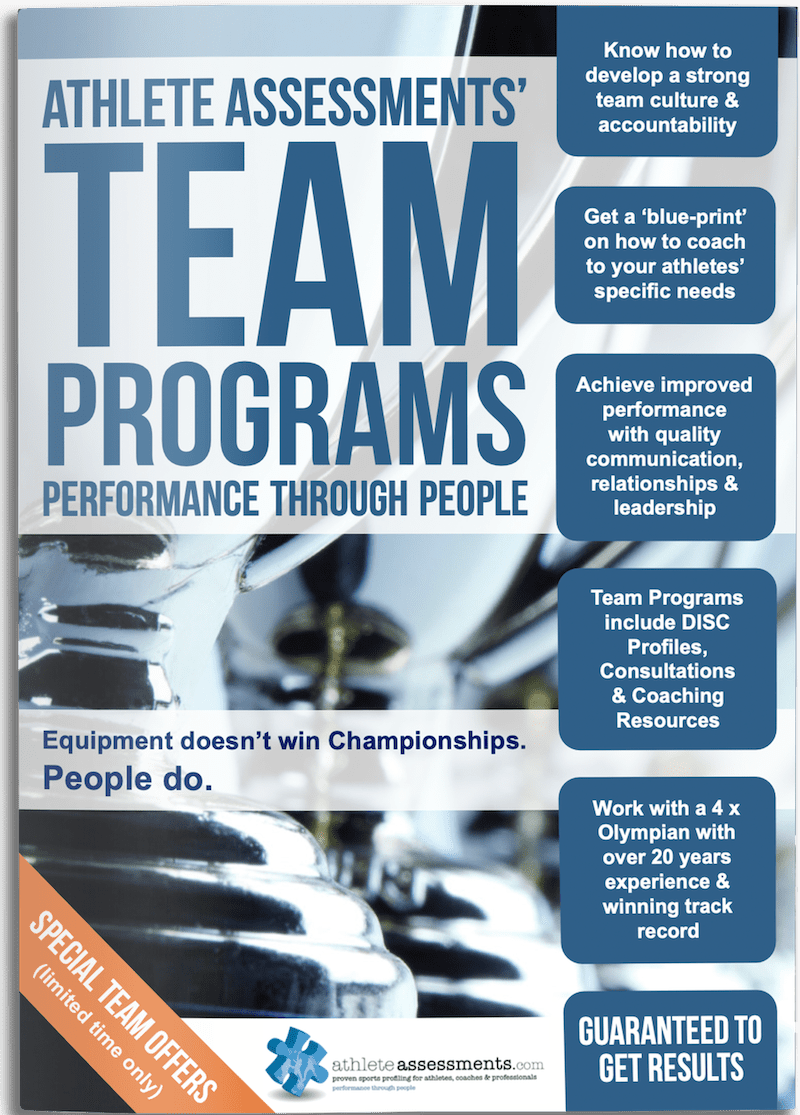Professional athletes can have a bad reputation, with stories of out of control behavior often seen in the media. This front-page drama, which the media in all facets of “news” reporting like to focus on, can often overshadow great athletic performances and important good news stories. As such it is easy to forget the important contribution athletes consistently make to society.
So it is always refreshing to read an article showcasing professional athletes in a positive light. In this case we refer you to James Bailey’s article “Athletes: Natural-Born Leaders” in Bloomberg BusinessWeek.
The article focuses on 5 Reasons why Professional Athletes are great leaders. This is such a fantastic article we thought we would share some of our favorite parts with you! In today’s world, great leadership can be hard to find. Certainly, we cannot simply look to the leaders given up to us in the media via politics or just business. So many athletes are great leaders and most go unnoticed.
“Economics tells us that supply swiftly follows demand… But market forces don’t apply to leadership—something we can all agree is in short supply and desperately needed. The qualities of a leader cannot be manufactured and transacted on Wall Street. We have to find leaders in any nook and cranny of society they might dwell.”
The article discusses how the military and the ‘self-made’ have been seen as reliable places to acquire leaders, yet these leaders have either not met demand or what is actually needed. As Bailey says,
“In any event, these two sources (military and self-made) just don’t satisfy demand. Fortunately, there’s a third source—a veritable gold vein that’s not been mined as deeply as it should: professional athletes.”
Here are Five Reasons why Athletes make for Great Leaders:
Reason 1: Determination
“Professional athletes are determined. True, many are endowed with physical gifts, but realizing them is hard work. Progressing in sports means negotiating an increasingly exclusive series of hurdles that can’t be cleared without discipline, focus, patience, practice, and more practice. It takes decades of sweat equity to bring whatever a leader possesses to fruition. We simply won’t follow someone who hasn’t demonstrated determination.”
This determination serves athletes well in their future activities.
95% of Fortune 500 executives participated in high school athletics.
Reason 2: Teamwork
“These men and women don’t just preach teamwork. They practice it. A sports team is like a jazz band; integration is necessary to gather a coherent whole, but everybody gets the chance to shine. There might be a “most valuable player,” but he or she is first among equals. Everybody—and I mean everybody—has to do the job or no one gets a ring or trophy. More than ever, modern organizations need the cross-functionality team sports can supply.”
Reason 3: Appreciating Followership
“Professional athletes appreciate followership. ‘Follow the leader’ is not just a playground game. It’s an experience in serving greater purpose. Athletes understand the tangible advantages of executing a plan. Their very goal achievement is contingent upon following well and truly. Leading is rooted in having learned the lessons of following.”
Our Article “Why People Follow Leaders” discusses research from Gallop into what followers look for in a leader, and the four basic needs you need to meet to be a leader.
Reason 4: Cognitively Complex
“They are cognitively complex. They grasp the dynamic flow of many inter-related variables, simultaneously played. As any fan will attest, the strategic machinations of a successful franchise are convoluted and complex. The plays themselves have intricacies upon intricacies. One’s wits are challenged with hundreds of unpredictable factors that require seamless adaptation and improvisation. This kind of thinking stands up to today’s fast-moving environment.”
Reason 5: Ability to Handle Pressure
“Professional athletes know what it’s like to work under pressure. There are enormous stakes. A lot of people are watching. The investment in time, talent, money, and reputation is ever-present. They have to check anxieties and injuries at the door to stay calm, cool, and collected. If one player loses his or her composure, the efforts of the rest are squandered. Nothing’s more valued in today’s stressful business climate than a level head.”
This ability to handle pressure can mean athletes are suited to highly stressful and complex jobs. In our Book Review on ‘There is an I in Team’ by Mark De Rond, one of our favorite parts was: Sport over Academics: “A recent survey of a hundred randomly selected CEOs of the UK’s five hundred largest companies found that 46% of the CEOs had won awards for their athletic prowess (by comparison, only 23% had accumulated awards for academic achievement). 71% believed that compulsory sports at school shaped their business acumen in a positive way.” (Page xvi)
Summary
In Bailey’s words:
“Society extolls the virtues of team sports, earnestly believing that they develop teamwork, discipline, followership, intellect, and level-headedness. Sports surface, support, and, potentially, impart that most important of leadership qualities: character. Professional athletes have character in abundance. I know first-hand, having taught many in executive programs, even becoming friends with a few.”
If you would like to read the full article you can find it here. It is definitely worth your time!
If you would like more information, you may enjoy our article on “Why People Follow Leaders” and our Book Review on ‘There is an I in Team’ by Mark De Rond.
At Athlete Assessments, we’re here to provide you with excellence in service and to help you be your best. If there is anything we can assist you with, please Contact Us.
Recommended Articles
In addressing the leadership challenge, the fundamental question was what type of inclusions do you put in a quality leadership development program?
Vince Lombardi was once quoted as saying: “Only by knowing yourself, can you be an effective leader.” It really does come down to leadership programs being founded in what we’d call self-awareness. That is, the level of knowledge an athlete has about their strengths, their limitations, their motivations, the type of environment that they respond well to and the type of coaching that they respond well too.
In 2011, the Mission Queensland Firebirds won the ANZ Championship, going undefeated and breaking numerous records during the season. In 2013, Senior Coach Roselee Jencke, and Performance Coach Tracey Robinson are making history again with three of their players
Legacy by James Kerr comes highly recommended from the whole team at Athlete Assessments. Some books on leadership and culture can be dense reads you feel forced to slug through, Legacy is compelling reading. It is very easy to read in a day or over the weekend.
After reading ‘How Full is Your Bucket’ by Tom Rath and Donald O. Clifton Ph.D., I read another of Rath’s books titled ‘Strengths Based Leadership’. An important chapter of this book is all about why people follow leaders. For so long, leadership research has focused on asking leaders what they do. But with this focus of research, there is a very obvious point overlooked: You are a Leader only if others follow you.










